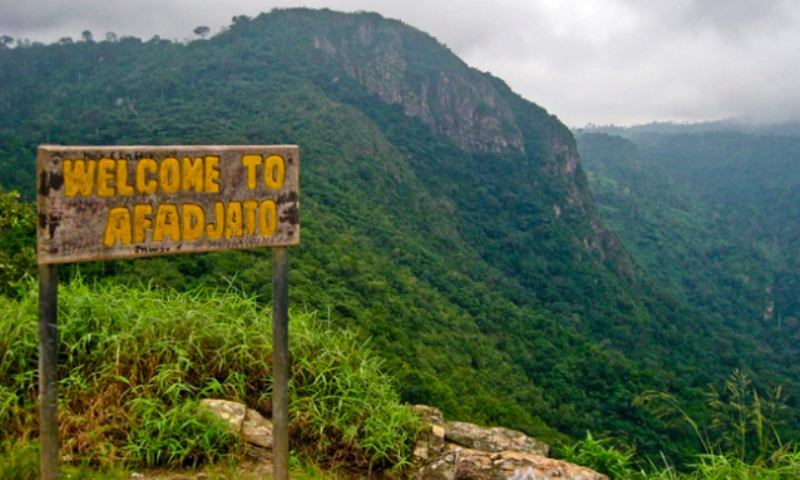In a concerted effort to harness the economic potential of tourism while preserving cultural heritage and natural landscapes, Ghana is making significant strides in promoting sustainable tourism. This approach not only benefits the nation’s economy but also empowers local communities and safeguards the environment for future generations.
Ghana, renowned for its vibrant culture, historical landmarks, and breathtaking landscapes, has recognized the importance of striking a balance between tourism growth and conservation. With initiatives aimed at enhancing the visitor experience while prioritizing community engagement and environmental preservation, the nation is shaping a sustainable future for its tourism industry.
The heart of sustainable tourism lies in its ability to generate positive impacts for both visitors and host communities. By involving local communities in the planning and management of tourism activities, Ghana is fostering a sense of ownership and ensuring that the benefits of tourism are shared equitably. This approach not only enhances the economic well-being of communities but also safeguards their cultural traditions and ways of life.
One example of sustainable tourism in action is the development of community-based tourism initiatives. In regions such as the Volta Region and the Northern Region, communities are actively participating in crafting unique tourism experiences. Visitors can engage in cultural exchanges, participate in traditional activities, and contribute directly to the local economy. These initiatives showcase the rich heritage of Ghana while empowering communities to take control of their economic destinies.
Environmental conservation also takes center stage in Ghana’s sustainable tourism efforts. From the protection of wildlife habitats to the implementation of waste management practices, the nation is committed to minimizing the ecological footprint of tourism activities. Projects like tree planting, beach cleanups, and eco-friendly accommodations demonstrate Ghana’s dedication to preserving its natural beauty for generations to come.
The government of Ghana, in collaboration with international organizations and local stakeholders, is implementing policies and frameworks that support sustainable tourism development. These efforts include capacity-building programs, training for local guides, and the establishment of responsible tourism guidelines. By promoting responsible tourism practices, Ghana is enhancing its global reputation as a destination that values authenticity, culture, and environmental preservation.
As Ghana continues its journey towards sustainable tourism, it sets an inspiring example for other nations seeking to strike a balance between economic growth and environmental conservation. By empowering communities and promoting responsible practices, Ghana is charting a course that showcases the power of tourism to create lasting benefits while safeguarding the nation’s natural and cultural treasures.





